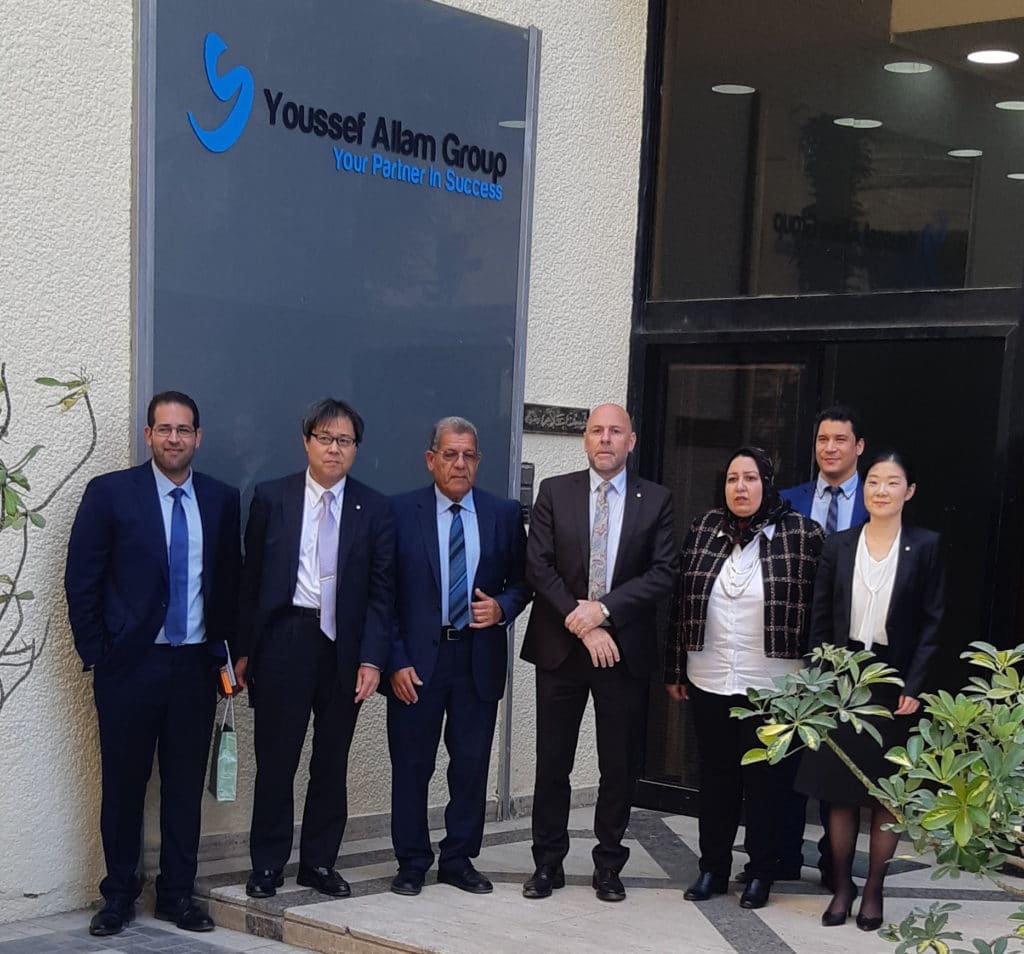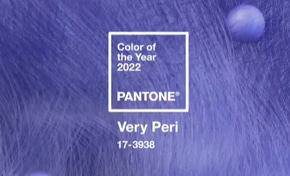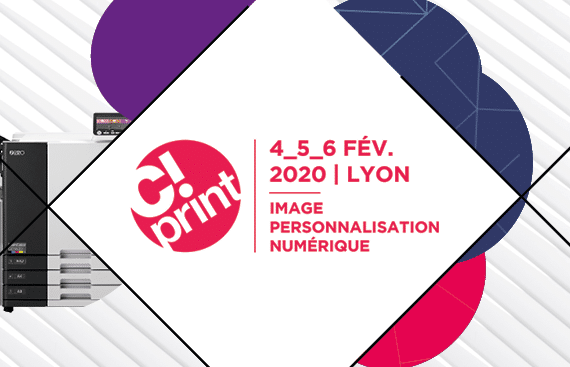News
More than just business
Youssef Allam – a major paper and printing solutions company in Egypt – has been working hand-in-hand with RISO since the 1980’s. RISO FRANCE talked with Adel Allam, CEO of the Group, about the strong and deep bond that exists between RISO and his company.
Youssef Allam celebrated its 70th anniversary recently. How did the Group get started?

How did you end up working with RISO?
I always kept an eye out for new and promising inventions. And one day, it must have been in the middle of the 1980’s, I stumbled upon an article in TIME Magazine. It said that a Japanese inventor created a technology called “duplicator” that would replace stencil printing, which used to be a method of printing in the old days. You had to create an image on a sheet of silk or textile by typing on a normal typewriter. And then you had to take this image to the printing machine. Well, the article said that this person managed to create a stencil that could be engraved or exposed by laser, in a single machine, opening the future to computer assisted printing. I thought that was crazy. I couldn’t believe it. So, I said to myself that I would look for this inventor and his company, RISO, on my next trip to Japan, where I used to go a lot to buy printing equipment.
And that’s what you did?
Pretty much! But it was far from easy. There was no address whatsoever in the article and I had a hard time finding the HQ. When I finally got there, I was underwhelmed. It was a small office in the second or third floor of a nondescript building. Not impressive at all. I introduced myself, explained how interested I was in their technology. But it was difficult to communicate – their English wasn’t so good and they were surprised to find somebody from Egypt wanting to buy their machine. In the end, they sold one to me and I flew it back to Egypt. We started playing with it, we ran some tests. And I thought to myself : this duplicator has a future. So, I ordered four more.
Did they fly off the shelves right away?
Far from it. At first, no one would buy them. I showed it to Egyptian printers and they didn’t understand the purpose of the machine. “Is it a printing machine or photocopier?”, they asked. And I would say : “it’s neither one nor the other, it’s somewhere in between, it’s a duplicator”. I would say that it is the missing gap between the two. When you want to print 1, 2 or 10 copies, you get a copier. When you need to print in the thousands, you use an offset. But the duplicator is ideal when you need to print 100 or 200 copies. But they weren’t convinced. And at the time RISO was only selling in Japan, in Australia and in Taiwan. They had no communication material I could use to pitch the duplicators. So, when I finally went back to Japan, I once again went to RISO’s HQ. This time, I was introduced to RISO’s CEO. He told me “This is an educational machine. It’s not for printers. Go sell it to schools and universities”. I took his advice and went around the Egyptian schools and universities. Once they tried the duplicators, they were hooked. It was very successful. And I needed to import more machines!
Egypt went through a lot lately. How does the Covid crisis and the political climate affect Youssef Allam?
There was a revolution here ten years ago. And at that time, it was like somebody shut down the economy. It was a horrible time. Someone shot at my car to steal it. Fortunately, I didn’t get injured. It’s not unusual to hear stories like that, it happened to many people here. It took two or three years later for the situation to improve. Today, the country is 100% sure and politically stable. We can travel from one part of the country to the next easily. Infrastructures that were neglected for many years or damaged are now being repaired. Economically speaking though, the Egyptian pound exchange rate remains very low, which means that it’s extremely expensive to import. The prices of the machines we sell have doubled as a result, but our clients are accustomed to these new prices. Egypt is on the right track, even though its economy has been severely impacted by the downfall of Covid-19.
What is the nature of your current partnership with RISO?
Youssef Allam was one of the first international partners of RISO. We’ve always believed in the company and we’ve had the great pleasure to see RISO grow very quickly. We’ve been one of the earliest adopters of RISO technology outside of Japan : we’ve been ambassadors for the brand and its products for a very long time. That may be why we have such a warm and friendly relationship with RISO. Today, RISO and its excellent products are everywhere in the world. We are proud to be part of the RISO family and to play a role in their ongoing success story.
What would you say was your biggest success alongside RISO?
When we entered the statements market – bank and assurance statements, telephone and electricity bills… – everything was controlled by the competition. People thought that RISO solutions were only fit for the education sector. It was quite difficult to get in this market. But once we broke in, clients started rolling in : we got one bank after the other, one Telephone Company after the other. And then one day, we managed to get the biggest telephone company in Egypt. It was a great accomplishment!
Can you tell us a bit about your Academy?
At the end of the 1980’s, multinational companies like Procter & Gamble started to set foot in Egypt. They needed a lot of color printing for their packaging but they were not satisfied with the quality they found here. So, they imported their printed material. By the way, I’d like to say how sophisticated a process color printing is. It’s chemical, it’s physical, it takes a lot of know-how. Many people do not realize how difficult it is to achieve good quality.
Around the same time, computers and software were starting to take over the age old knowledge of color printing. Experts used to be able to look at a print and adjust the levels of blues, of reds, to get a semi perfect result. Now, they had to master a new set of digital tools. To teach Egyptian printers how to use this new technology, I went to Heidelberg (the biggest maker of offset machines in the world). They had an Academy in Germany dedicated to doing just that. Together, we opened a similar Academy in Egypt. It was a tremendous success. A year after the opening of the Academy, the quality had already skyrocketed. International companies started to rely on Egyptian printers again, and they even exported some of their packagings that were printed here!
Is the Academy still in operation today?
Yes, it is. And we now even have students coming from neighboring countries like Libya, Saudi Arabia, Dubai… The Academy is of help to the entire printing sector in the Middle East. And because our quality has gone up, so did our sales! We also have installed a lovely RISO showroom here, so that anyone can see and try RISO’s solutions. All in all, the Academy was a very good move.
How do you see your partnership with RISO in the future?
We’ll continue to go forward and do great things. I’m sure there’ll be more success for us in the future!
-

COVID-19 notification
Our priority is to maintain the health of our employees, customers as well as suppliers. Maintaining and ...
-

Purple, color of the year 2022
Why did RISO choose purple as its identity color? ...
-

Unveiling the VALEZUS T2100 at C!Print 2020 in France
C!Print Lyon, the leading trade show for visual communication and graphics industries, will take place in ...
